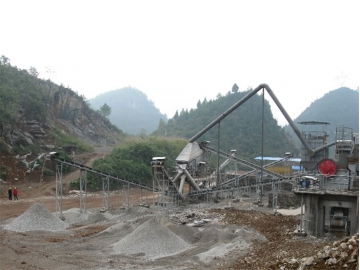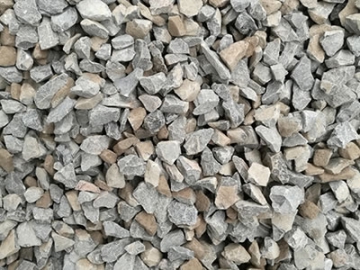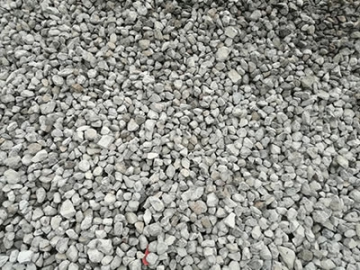Lime Production Line
Introduction to lime production line:
The lime production line is composed of the vibrating feeder, jaw crusher, hammer crusher, impact crusher, circular vibrating screen and belt conveyor. Depending on material properties and production requirements, we offer different production line configurations.
Large limestone is transported in a uniform manner from the raw material warehouse into the jaw crusher using a vibrating feeder, thus allowing coarse crushing to be efficiently carried out by the jaw crusher. The coarse crushed stone is then moved to the impact crusher for a fine crushing. Finely crushed limestone is then transported to the vibrating screen in order to obtain different stone sizes. All stones that meet granularity requirements are transported to the stockpile, using the belt conveyor.
Advantages of SINOMALY lime production line:
- Advanced technology
Two stage production process: A large jaw crusher is used in the first stage. The feed end is equipped with a vibrating screen feeder in order to ensure the limestone cleanliness. A single stone crusher and two circular vibrating screens are used in the second stage. - High level of automation and easy to operate
Equipped with an advanced electronic control operating system with a high level of automation: With a simple workflow, the whole production line is easy to operate. In addition, no human operators are needed to carry out anything but on/off and routine maintenance. - Uniform granularity and high quality of finished products
This equipment solves problems that lead to poor stone shapes resulting from traditional equipment production. With a high quality, uniform granularity, excellent stone shape and low stone powder output rate, the finished product fully conforms to highway material requirements in China. - High economic returns
Overcoming the shortcomings of high production costs for traditional equipment and damages caused to materials during production, our equipment results in a higher output and efficiency, lower operation costs and a high economic return.




